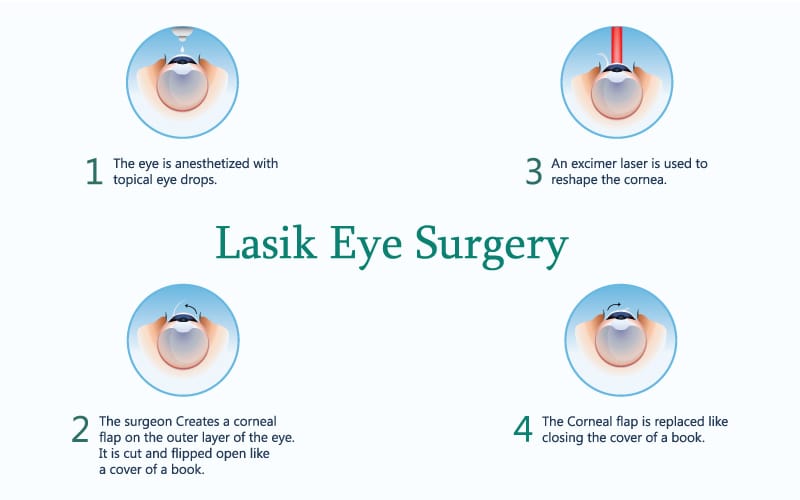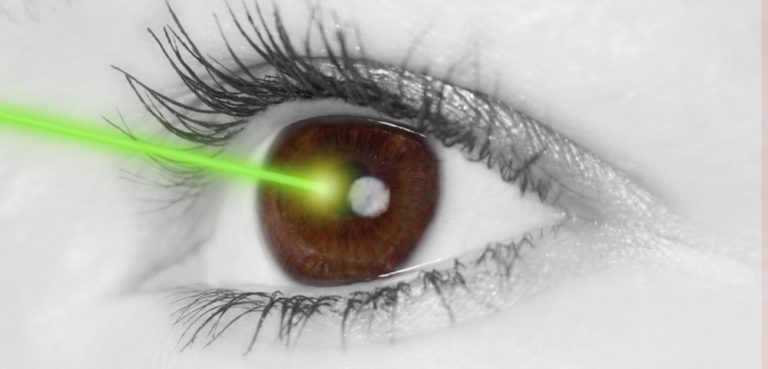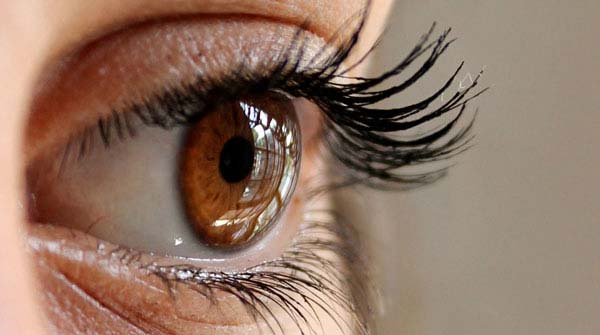Preparing for the Complete Eye Examination
Before the complete examination, patients should do the following:
- For contact lens wearers, stop wearing contact lenses for at least 3 days for soft contact lenses and at least 7 days for hard, semi-hard, or rigid gas-permeable lenses before the appointment date. (Contact lens needs to be removed before the examination because wearing them for a long time could change the curvature of the cornea. Therefore, refraction has also changed. By not wearing contact lenses for a while, the shape and the curvature of the eye are able to revert back to their natural shape, enabling the doctor to get a more accurate measurement and deliver the most successful vision surgery).
- Due to the blurry vision that results after the dilatation of the pupil, we recommend patients be accompanied by a friend or a relative. Dilation causes the eyes to become extremely light-sensitive. Therefore, the patient might need someone to drive them home after the procedure.
- It is recommended to bring a pair of sunglasses.
- The complete eye examination takes around 2 to 3 hours.
Preparing for the Operation
- Take a blood test for anti-HIV or bring test results.
- Stop wearing contact lenses before the operation date
- At least 3 days for soft contact lenses.
- At least 7 days for hard, semi-hard, or rigid contact lenses.
- Arrive 10 – 15 minutes before the operation time.
- Do not wear any perfume or body spray that contains alcohol or any volatile agent since they may affect the laser system.
- Wash hair, clip nails, and maintain good personal hygiene.
- Wear loose and comfortable clothing.
- Ask a friend or a relative to come with you for the surgery and to escort you home after the surgery.
- Keep in mind that the operation takes about 2 hours to finish.

Symptoms that Might Occur a Few Hours After the Operation
- If there’s an excess of tears, discomfort, or itching around the eyes, do not take the eye shield off. Use soft cotton to gently clean the area around the eye shield.
- You may experience some discomfort, irritation, or foreign body sensation.
- In some cases, you may feel mild pain. Your doctor may suggest you take a mild pain reliever.
- Rest and try to keep both eyes closed. Do not watch television or read because these activities can irritate the treated eye(s). If you have trouble sleeping, it is recommended to take a low dose of sleeping pills, which will be provided.
Symptoms that Might Occur in the First Week After the Operation
- Light sensitivity: When exposed to bright lights, whether indoor or outdoor, your eyes may feel irritated. Wearing sunglasses after surgery can help protect your eyes from bright lights.
- Red spots: During the operation, tiny blood vessels might burst and leave a red spot on the white of the eye. These are harmless and will disappear within a few days or weeks.
- Vision fluctuation: While your eyes are healing, your vision may go back and forth between clear and blurry. This is normal and your vision will continue to improve. You may need 1 to 4 weeks until the best possible vision occurs.

Post-operative Care for the First Week After the Operation
In order to avoid complications and to ensure your eyes heal quickly, it is important that you comply with the following guidelines.
- Do not rub your eyes.
- Avoid getting water and dust into your eyes.
- Cover your eyes with the eye shields every night to prevent accidental contact.
- Use the antibiotic drops and tear substitution as prescribed.
- You may take a shower or a bath, but do not let the water from the showerhead strike your face directly. You may also shave and wash your face, but make sure to wipe your eyes gently and avoid getting water into your eyes.
- Avoid dusty or smoky environments.
- Avoid eye makeup for at least a week. This may include mascara, eyeliner, eyeshadow, or any other type of makeup to be worn around the eyes. You may wear lotions and lipsticks.
- Wear sunglasses every time you go outside to alleviate eye irritation and/or burning sensation in your eyes.
- Avoid swimming, whirlpools, or hot tubs for 2 weeks.
- Avoid driving for 1 month.
- If you experience severe pain or a significant change in your vision, please call your doctor immediately.

